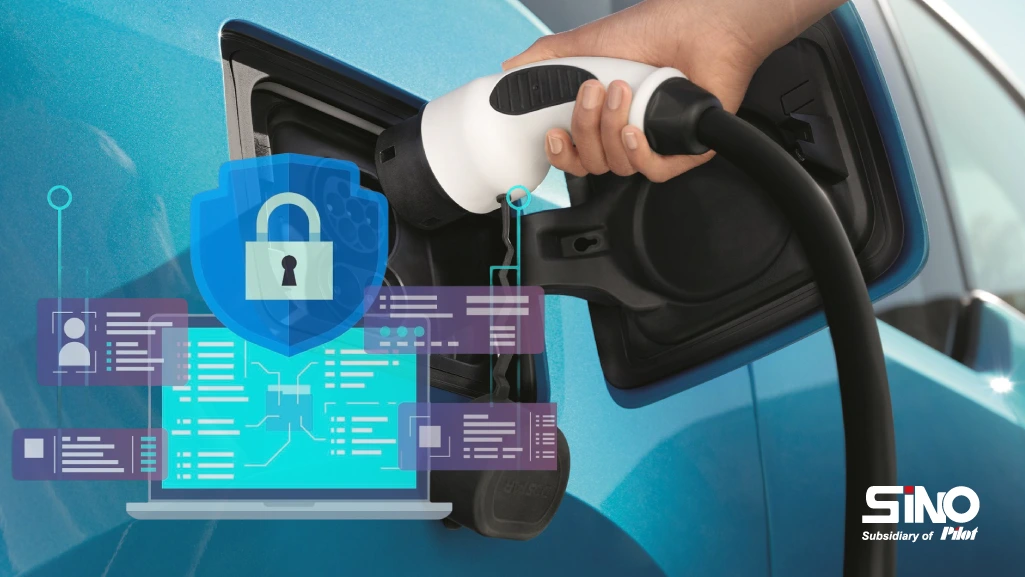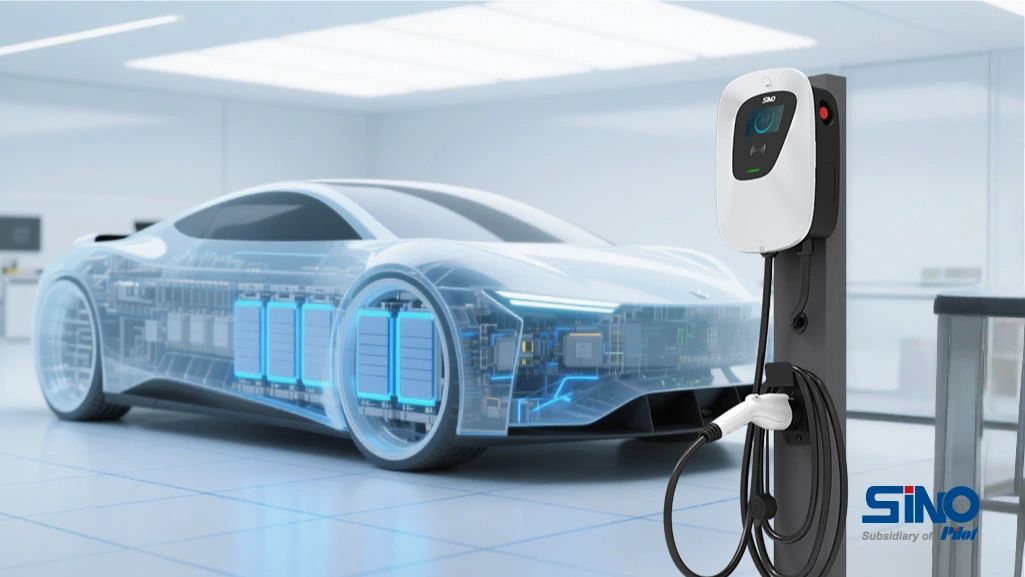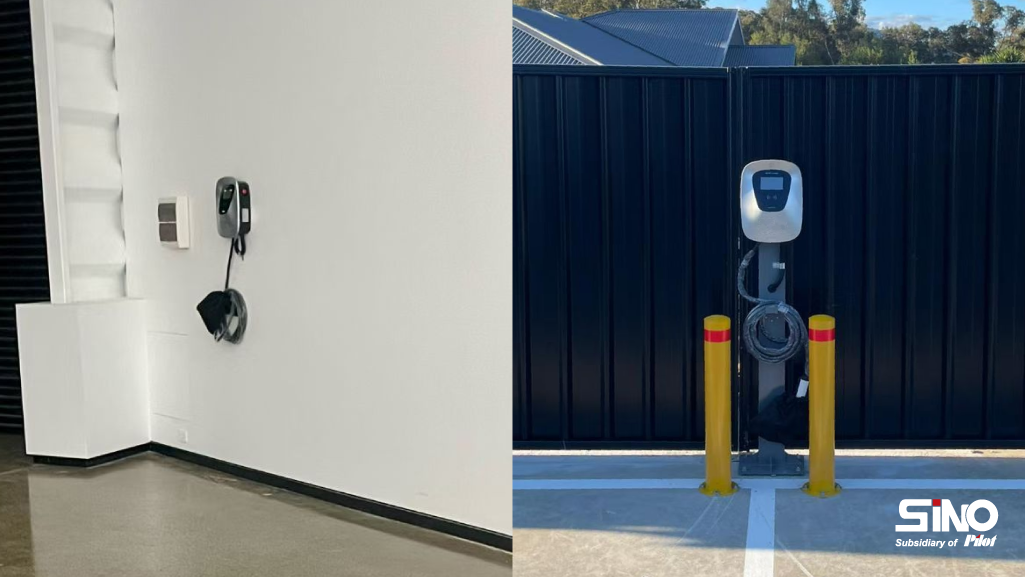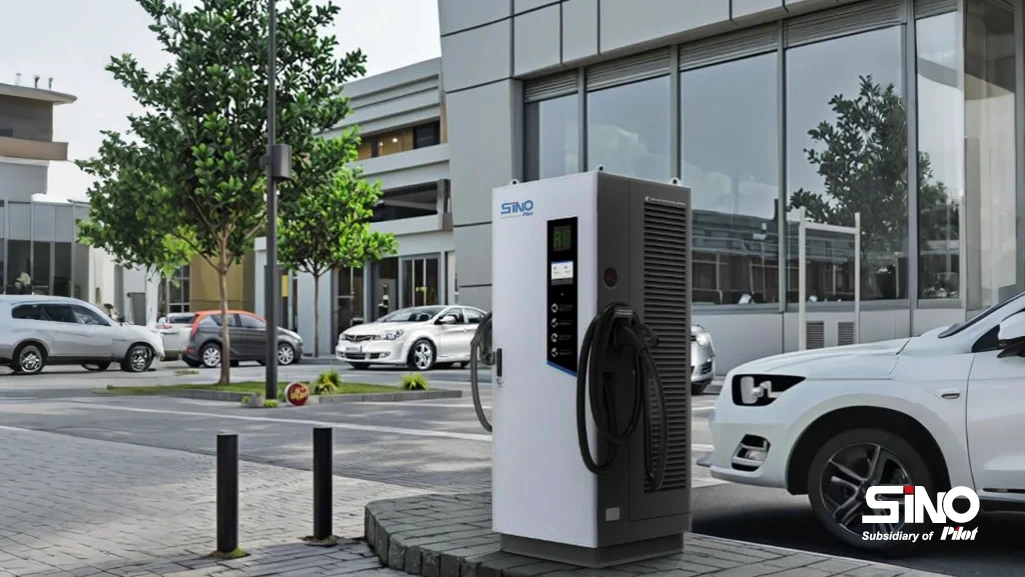As electric vehicle charging stations connect to networks and handle more data, ensuring the security of this information is vital. Protecting sensitive data from cyber threats safeguards both users and the infrastructure. Therefore, implementing robust security measures is essential to maintain trust and reliability in this growing sector.
The Growing Importance of EV Charging Stations
EV charging stations are more than just power sources; they form intricate networks that connect with electric vehicles, utility grids, and management platforms. These systems facilitate tasks like charging authorization, energy metering, and payment processing. As a result, they are exposed to various security threats that need to be addressed proactively.
Potential Security Threats
1. Data Breaches
The data collected and stored by EV charging stations, such as names, contact details, and payment information, is a prime target for hackers due to its value. They can exploit sensitive information like personal details, vehicle IDs, and charging habits to commit identity theft or fraud. For example, if a hacker gains access to a user’s payment information stored in the charging station system, they can make unauthorized transactions.
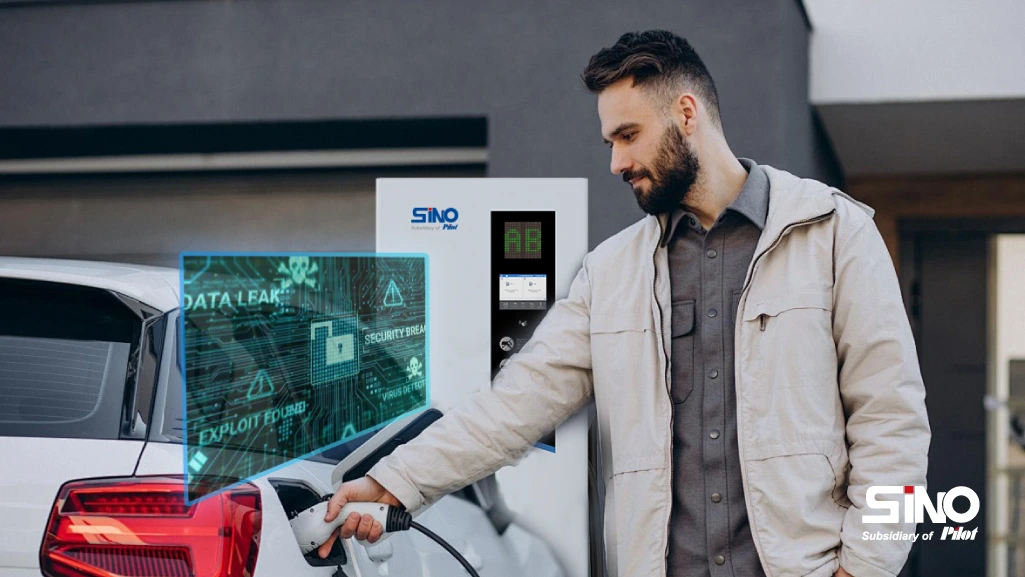
2. Malicious Attacks on the Charging Process
Attackers could interfere with the charging process by altering the voltage and current, potentially damaging the EV’s battery and risking the safety of the vehicle and its occupants. They might also cause charging stations to malfunction, resulting in service disruptions and financial losses for operators and users alike. By actively manipulating these parameters, attackers create significant challenges for the secure operation of EV charging infrastructure.
3. Grid – Connected Vulnerabilities
Since EV charging stations are linked to the power grid, a security breach at a station could impact the entire grid. Hackers might try to overload it by making stations draw too much power at once, which could result in power outages in nearby areas. Therefore, it’s crucial to implement strong security measures to prevent such scenarios and protect the grid’s integrity.

Information Security Protection Measures
1. Strong Authentication and Encryption
Using multi-factor authentication strengthens security by allowing only verified users to start and control charging sessions. Encrypting data between the charging station, the EV, and the ev charging management system is also crucial. By implementing advanced encryption algorithms like AES (Advanced Encryption Standard) , we can prevent unauthorized access and safeguard sensitive information from potential threats.
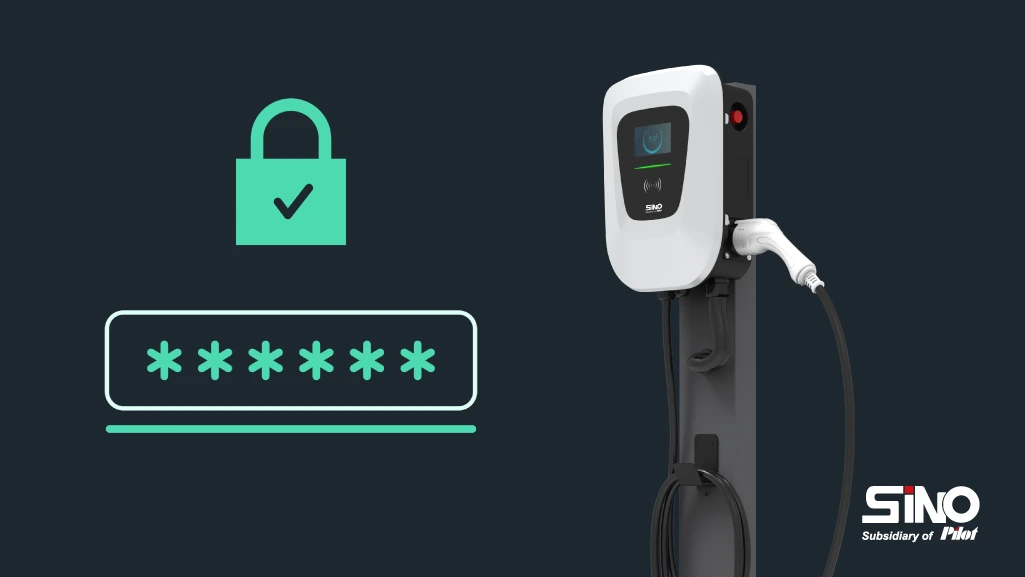
2. Regular Software Updates and Patching
Charging station software frequently faces security issues, so manufacturers and operators must release regular updates and patches to fix these problems. By implementing automated update mechanisms, they can ensure charging stations consistently run the latest and most secure software version. This proactive approach helps maintain system security and reliability.

3. Network Segmentation
Separating the network of electric vehicle charging stations from other essential systems can help mitigate security risks. By segmenting this network, any potential attack on the charging station network is less likely to impact other vital infrastructures, like the power grid or corporate IT systems.
4. Intrusion Detection and Prevention Systems (IDPS)
Implementing an Intrusion Detection and Prevention System (IDPS) in the charging station network allows for real-time monitoring of network traffic. These systems are capable of identifying suspicious activities, including unauthorized access attempts and unusual data patterns, and can respond promptly to prevent potential attacks.
5. Employee Training and Awareness
Staff responsible for operating and maintaining EV charging stations must receive thorough training in information security best practices. They should understand potential threats and know how to quickly respond to security incidents. This training should cover the proper management of user data, identification of phishing attempts, and adherence to established security protocols.
What are the best practices for securing EV charging stations?
Securing EV charging stations requires a combination of technical and operational measures. Here are some best practices:
Physical Security
Secure Location: Set up charging stations in well-lit, highly visible locations that have effective access control. Suitable places include fenced areas, parking garages with security staff, or sites under surveillance by security cameras. Additionally, implement durable, tamper-resistant enclosures for the charging station equipment. These enclosures must be challenging to open without proper authorization, safeguarding the internal components from physical harm and unauthorized entry.
Video Surveillance: Install video surveillance systems at the charging stations to discourage criminal behavior and to gather evidence in the event of security incidents.
Firewalls: Implement firewalls to safeguard the charging station’s network against external threats. These firewalls can be set up to prevent unauthorized access and to filter out harmful traffic.
Network Security
VPN (Virtual Private Network): Utilize VPNs to secure the communication between the charging station and the backend management system. This guarantees that data sent over the network, including charging session information and user details, remains protected from unauthorized access.
Wi – Fi Security:If the charging station relies on Wi-Fi for communication, make sure the Wi-Fi network is protected with robust encryption, like WPA3, and has appropriate access controls implemented.
Data Security
Encryption: Ensure that all sensitive information stored on the charging station and transmitted is encrypted. This encompasses user authentication details, payment data, and vehicle-related information.
Data Minimization: Only collect and store the data that is necessary for the operation of the charging station. Limit the retention period of user data to the shortest time possible while still meeting legal and business requirements.
Secure Data Storage: Store data on secure servers with proper access controls. Use secure storage technologies, such as encrypted hard drives or cloud – based storage with strong security measures.

Software Security
Regular Updates: Keep the charging station’s software, including the operating system and application software, up to date with the latest security patches. This helps protect against known vulnerabilities.
Secure Development Practices: If the charging station’s software is developed in – house or by a third – party, ensure that secure development practices are followed. This includes code reviews, vulnerability testing, and adherence to security standards.
Application Whitelisting: Implement application whitelisting to prevent unauthorized software from running on the charging station. This helps protect against malware and other malicious software.
User Authentication and Authorization
Multi – Factor Authentication: Users must verify their identity through multiple factors, including a username and password, a unique ID card, and a one-time password sent to their mobile device.
Role – Based Access Control:Establish role-based access control to guarantee that only authorized individuals can access and manage the settings and data of the charging station. For instance, distinct roles may be assigned to station operators, maintenance technicians, and administrators.

Incident Response Planning
Develop a Plan: Develop a detailed incident response plan that specifies the actions to be taken during a security incident, including data breaches or system failures. This plan must outline procedures for alerting the necessary stakeholders, managing the incident, and restoring normal operations.
Testing and Training: Regularly test the incident response plan through simulations and provide training to employees involved in the response process. This helps ensure that everyone knows their roles and responsibilities and can respond effectively in a real – life situation.
With the ongoing expansion of EV charging infrastructure, it is crucial to prioritize the information security of charging stations. By adopting a robust array of security measures, we can ensure user privacy and safety, protect the integrity of the charging process, and uphold the stability of the power grid. Safeguarding information security for EV charging stations is not merely a technical necessity; it is an essential step towards creating a dependable and secure electrified future.



